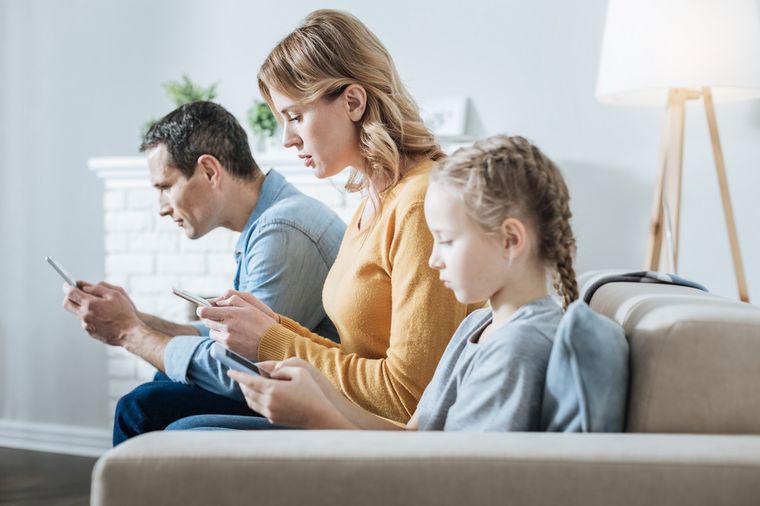
According to the attachment theory perspective, for some of us, our phone serves the same function as the teddy bear we clung to in childhood. evidence that supports the idea that “healthy, well-functioning adults also report significant emotional attachment to special objects” Those with anxiety have a higher rate for being more reliant on their phones.
Psychologists estimate that as many as 5 to 10% of Americans meet the criteria for social media addiction today. Social networks are an extension of ourselves. Fear of missing out (FOMO), ego, Social networks are physically addictive as well as psychologically. A study from Harvard University showed that self-disclosure online fires up a part of the brain that also lights up when taking an addictive substance, like cocaine.
How do social media apps take advantage of this dopamine-driven learning strategy, similar to slot machines, many apps implement a reward pattern optimized to keep you engaged as much as possible. Because most social media platforms are free, they rely on revenue from advertisers to make a profit. This system works for everyone involved at first glance, but it has created an arms race for your attention and time. Ultimately, the winners of this arms race will be those who best use their product to exploit the features of the brain’s reward systems. Social validation is an important part of being human. A Facebook ‘Like’ or a Twitter ‘Favorite’ is a social signal that makes us feel good.
Research has shown that there is an undeniable link between social media use, negative mental health, and low self-esteem. While social media platforms have their benefits, using them too frequently can make people feel increasingly unhappy and isolated. These negative emotional reactions are not only produced due to the social pressure of sharing things with others, but also the comparison of material things and lifestyles that these sites promote.
Move social apps off your home screen. Having this extra step to open them can reduce the urge to check social media as soon as you get on your phone. Schedule specific times to check social media or set a timer to limit yourself to 20-30 minutes. Put your phone on silent. When we aren’t hearing a tone or vibration every time we get a notification, we’re less likely to get distracted. Take a break from social media or limit the number of apps you use. Try sticking to apps that you use the most to communicate with people.
In children with reduced screen time, benefits such as improved sleep, lower BMI, better school performance, improved social behavior, and reduced aggression. In adults attention span increased, more likely to not avoid problems,Everyone’s frontal lobe functions better with less screen time, so planning and problem-solving will come more easily,” “You’ll be much more likely to follow through on what you said you would do. Improved frontal lobe function helps us sustain efforts and be self-disciplined. It builds ‘grit. You have an easier time getting to sleep and you have better quality sleep. This also lower rates of anxiety and depression.
https://www.keepitusable.com/blog/psychology-of-social-networks-what-makes-us-addicted/
http://sitn.hms.harvard.edu/flash/2018/dopamine-smartphones-battle-time/
https://medicalxpress.com/news/2018-11-stress-minimizing-negative-effects-social.html
https://www.verywellfamily.com/cut-kids-screen-time-for-health-621154